At Moorooduc we place great emphasis on the teaching of reading. It involves developing both oral and reading comprehension skills. It aims to ignite the love for reading and empower students with the essential skills to become proficient communicators and critical thinkers. Our reading program is based on the principles of the Science Of Reading, with a focus on developing oral language, phonological awareness, decoding skills, comprehension skills, fluency and expanding vocabulary. Whether it’s through explicit teaching, small group, paired or independent reading, or games, activities are carefully designed to engage active learning.
As educators, we understand the importance of fostering a strong foundation in Literacy for our children. In the Early Years (P-2), we use a synthetic phonics program called Little Learners Love Literacy in conjunction with other techniques and resources, such as Cued Articulation, to explicitly teach the basic and complex codes required for learning to read and spell. This is further consolidated in the middle and upper school, where students are equipped with skills to enable them to further develop their fluency and comprehension at a deeper level.
Regular assessment is integral to our program, with a focus on reading fluency, listening comprehension, reading comprehension, and decoding skills. These assessments provide valuable insights into students’ progress and guide our tailored instruction to meet individual learning needs effectively.
The Talk for Writing approach is used across the school to enable children write independently for a variety of audiences and purposes. It is an approach to teaching writing that encompasses three-stages:
‘Imitation’ (where pupils learn and internalise texts through oral rehearsal, to identify transferable ideas and structures).
‘Innovation’ (where pupils use these ideas and structures to co-construct new versions with their teachers).
‘Independent’ (where teachers help pupils to create original texts independently).
These tasks aim to improve writing ability by giving pupils an understanding of the structure and elements of written language. Grammatical features of writing are taught in context through ‘short burst’ writing sessions. Each unit of work is launched with an exciting ‘Hook’ to engage the students.
Each week, children are able to use their Writer’s Notebook to write a variety of different genres, applying their skills taught during our explicit teaching sessions.


